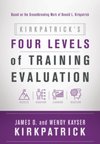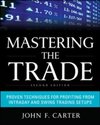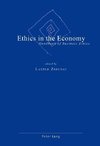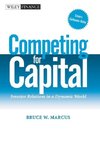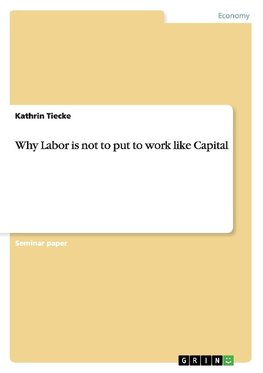
-
 Anglický jazyk
Anglický jazyk
Why Labor is not to put to work like Capital
Autor: Kathrin Tiecke
Seminar paper from the year 2010 in the subject Business economics - General, grade: 1,3, Humboldt-University of Berlin (Wirtschaftstheorie II (Mikro)), course: Experimental Economics, language: English, abstract: At the end I want to refer again to Fehr... Viac o knihe
Na objednávku, dodanie 2-4 týždne
17.16 €
bežná cena: 19.50 €
O knihe
Seminar paper from the year 2010 in the subject Business economics - General, grade: 1,3, Humboldt-University of Berlin (Wirtschaftstheorie II (Mikro)), course: Experimental Economics, language: English, abstract: At the end I want to refer again to Fehr and Gächter (2002). They have shown that framing has an effect on individual's behavior. A bonus pay is experienced as more friendly than being threatend to pay a fine. As we face today a financial crisis, a discussion about incentive contracts has been started immediatly. It is claimed, that incentive contracts of bankers or so called "rist-takers" have been the driving force towards the crisis. The BaFin advices the financial branch to lower the share of incentive contracts among their employees. In order to cut the bonus payment a higher fixed-wage ought to be payed. Obviously bonus payments are ment to lead to higher levels of effort, but it might be a question of definition what effort means in the short and in the long run. Since fixed-wage labor contracts are characterized by weak performance incentives, one could concider incentive contracts as the best alternative, including explicit performance incentives. But this is rather a costly action. Taking the experimental findings of Fehr et al. (2002) into account one could claim that a fixed-wage contract does better on voluntary cooperation than incentive contracts, since the highest voluntary cooperation has been observed in the trust treatment. Recently several financial institutions lowered the bonus payments and therefore induced higher fixed wage-payments. I think, if a worker already receives a "high" wage in the sense of above average wage (depending on its definition), the bonus incentive might fails to lead in a higher intertemporal effort. It makes the worker act as a risk-neutral or even riskless worker. This may not lead to a profitable outcome in the long run and it might be more
profitable to pay a higher fixed wage. Additionally one can let the employee pay a fine, hidden beyond an extra wage account e.g. "held for failures", which would result in a lower effort level (at least as the theory predicts), but in tendencies one might observe more reasonable extend of taking risks.
In the future, experimental economics may examine the impact of incentives on risk behavior. Do individuals become risk-neutral when they face different incentive contracts, although they were risk-averse before? This may be not quite easy to test in the laboratory, but serveys or field studies could provide answeres.
Experiments may help to search for a "risk-aversion boarder", and also help to understand why there is even more selfish behavior in excess stake.
- Vydavateľstvo: GRIN Verlag
- Rok vydania: 2010
- Formát: Paperback
- Rozmer: 210 x 148 mm
- Jazyk: Anglický jazyk
- ISBN: 9783640781911


